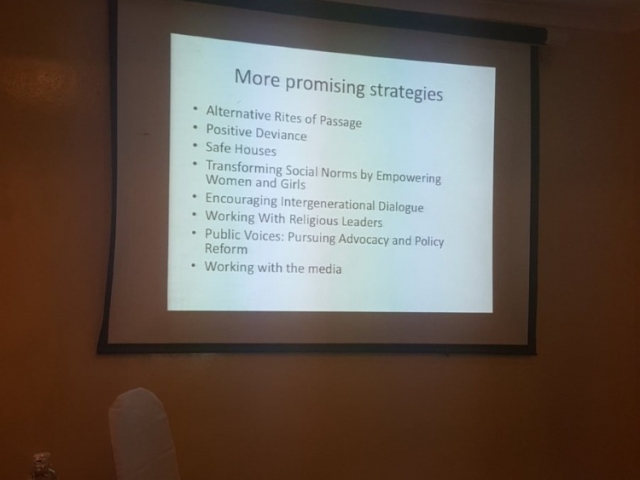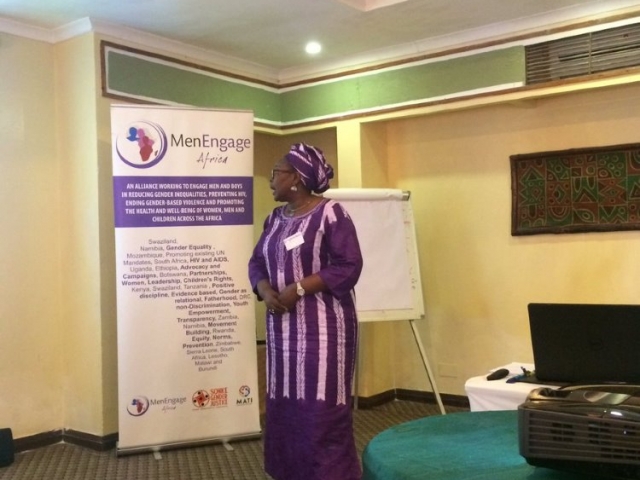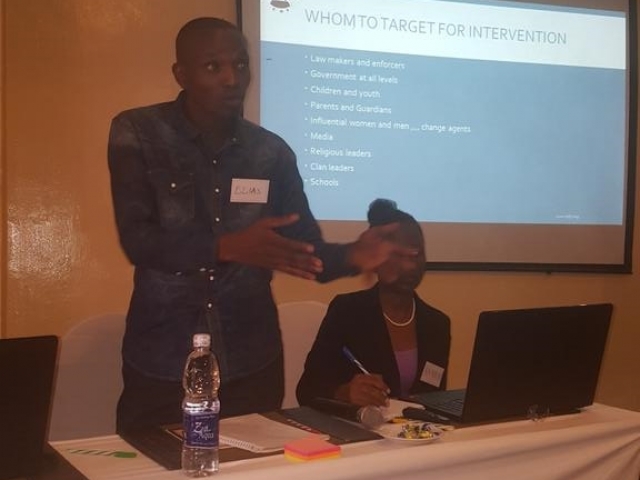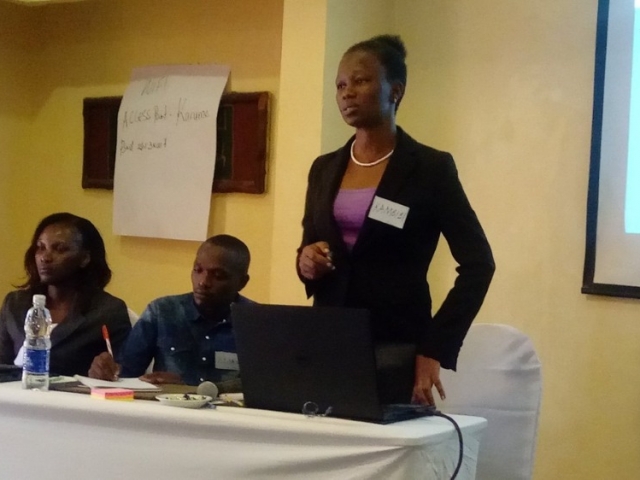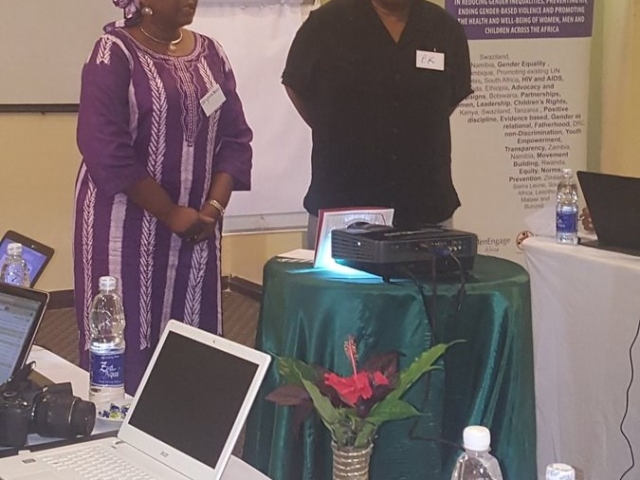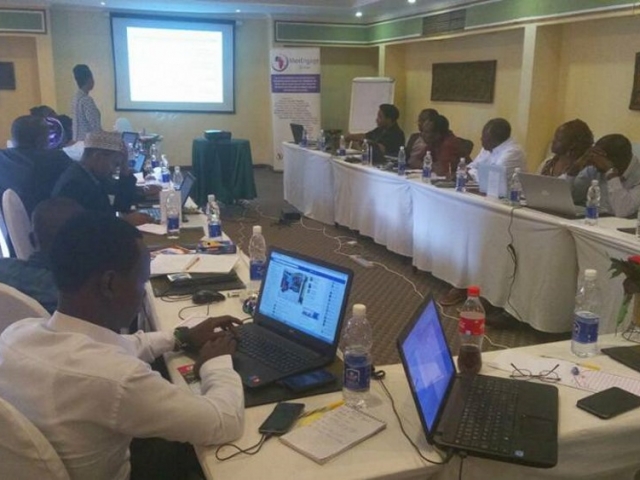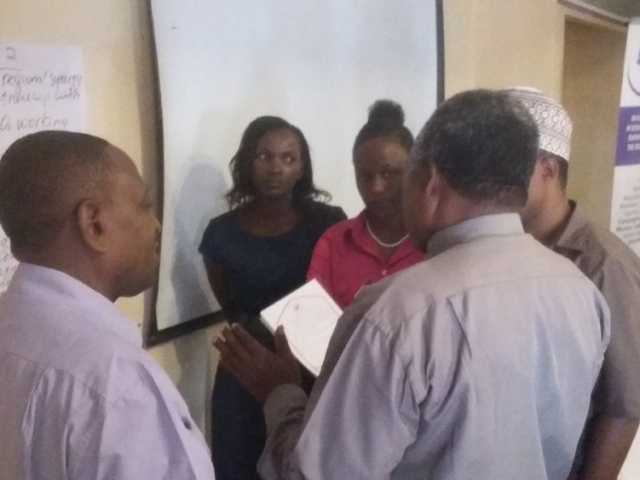Female genital mutilation (FGM) is practiced across cultures and religions in different parts of the world and it’s normally targeted at young girls and adolescents, although older women are at times victims of the practice too. This practice has negative social and health consequences that have an enormous impact on the lives of women and girls. From a human rights perspective, the practice reflects deep-rooted inequality between the sexes, and constitutes an extreme form of discrimination against women.
In continued efforts to root out this practice, MenEngage Africa (MEA), Sonke Gender Justice (Sonke) and United Nations Population Fund (UNFPA) are hosting a regional meeting from 5-7 July 2017 on the island of Zanzibar, Tanzania, in East Africa with key regional and international stakeholders, civil society, traditional and religious leaders, and MEA networks across the region. This is to engage on how to synergise work on ending FGM and integrate initiatives on engaging men and boys, as well as provide inputs for the MEA campaign on ending FGM.
Objectives of the meeting
- To get input for the MEA FGM campaign blue print being developed from recommendations of the Entebbe FGM consultation of 2015.
- To provide recommendations to the Pan African Parliament, in particular parliamentarians working on FGM on how they can take this work forward and support both a regional and global initiative on eradicating FGM in their respective constituencies.
- To compare, learn and share regional strategies on tackling FGM.
Key points to consider
- While origins of FGM are debatable, it is practised across cultures for various reasons ranging from religious, cultural and social norms and beliefs.
- Most countries in the East Africa region such as Tanzania, Kenya and Uganda have outlawed the practice of FGM. However, despite laws that prohibit FGM there are challenges with implementation as communities are still unaware of the laws and, in some instances, are willing to circumvent the law to continue the practices such as the cross-border practice by some communities from Uganda to Kenya to mutilate young girls.
- To advance initiatives to end FGM, it is crucial to target religious and traditional leaders, politicians, parents, women, media and schools. Politicians and religious leaders have not yet fully embraced the need to end FGM and some are not willing to speak against FGM, especially politicians who think speaking against it may affect their popularity and votes. Some older women in Kenya have been pressured to undergo FGM so their husbands can run for political office. There is, therefore, a need to use multiple approaches to address FGM as no single approach is adequate.
- Religious and traditional leaders play a key role in ending FGM. In Kenya, religious and traditional leaders and council of elders are progressive and support an end to FGM.
- The medicalisation of FGM is an emerging trend with 42% prevalence in Egypt, 13% in Kenya and 15% in Nigeria.
- FGM trends and patterns are evolving, for example, communities are now moving from more to less serve forms of FGM and the practice is now targeting younger girls and infants.
- There is a need to interrogate reasons why FGM is still practised. Are the drivers still the same or have they been evolving?

